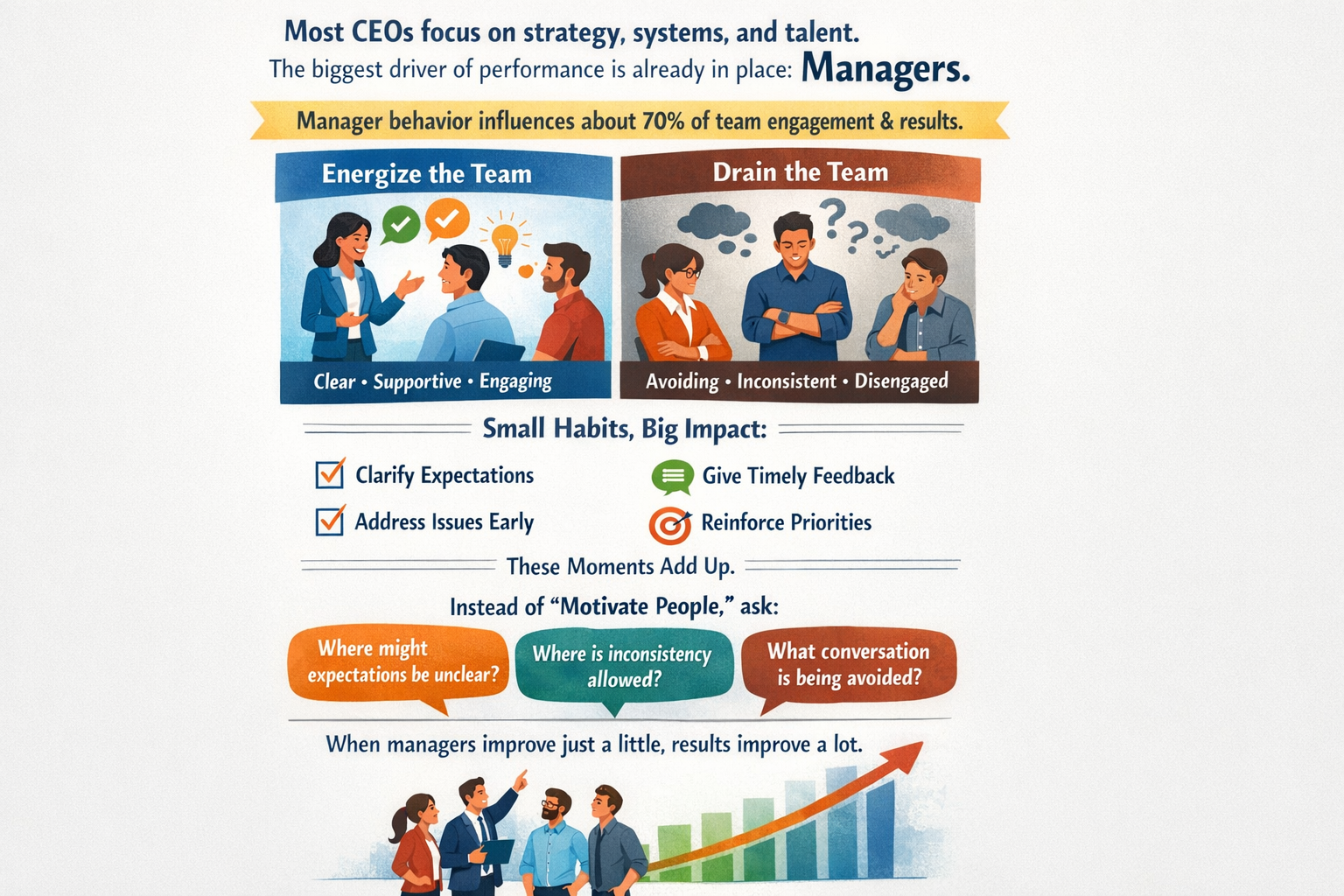How Appreciation Impacts Workplace Satisfaction & Retention
Human diversity is caused by many factors including genetics, environment, and life experiences. This wide range of human diversity affects many aspects of leading people including their response to receiving – or not receiving – appreciation at work. Recent Gallup research has found that the variability in people receiving appreciation is significantly correlated to the sense of fairness in the workplace, employee burnout, and turnover.
This article summarizes some of the differences between employees who feel they are receiving the right amount of recognition and those who don’t feel they are receiving the right amount. Many of the survey respondents indicated that the right amount of recognition is receiving positive feedback at least a few times a week from colleagues – supervisors and/or other coworkers.
First, let’s look at the feeling of being treated fairly at work, a factor that greatly impacts the workplace culture, morale, and productivity. Those who feel they receive the right amount of recognition are seven times more likely to feel treated fairly than those who don’t receive the right amount. Also, those who receive the right amount of recognition are four times more likely to feel respected and valued at work.
Second, let’s look at the impact of feeling appreciated on burnout. When women don’t receive the right amount of recognition, 31% of them feel burned out while only 11% of those who feel adequately recognized feel burned out. However, 24% of men report being burned out whether they feel appropriately recognized or not. Providing quality appreciation increases women’s sense of well-being and their productivity.
Third, let’s explore the potential impact of recognition on employee retention measured by people actively looking for or watching for other job opportunities. Gallup’s 2023 study found that 40% of men who feel they are receiving the right amount of recognition are looking for or keeping their eyes open for a different job. Of those not feeling well appreciated, 58% of men are paying attention to opportunities elsewhere. 32% of women who are feeling appropriately recognized are looking for or watching for other job opportunities while 56% of women who don’t feel well appreciated are considering working elsewhere.
These realities highlight the importance of managers showing appreciation to employees who are fulfilling any or all aspects of their workplace expectations. When people feel treated fairly they are less likely to complain and will be more productive. Women who feel well appreciated are much less likely to be burned out and, thus, be more productive. Overall, both men and women who feel they are receiving the right amount of recognition are more likely to be committed to staying at their current workplace leading to increased engagement and productivity.
Managers who prioritize recognizing their employees’ contributions at work will likely receive a high return on this investment. Showing appreciation at work is well worth the time and effort!



